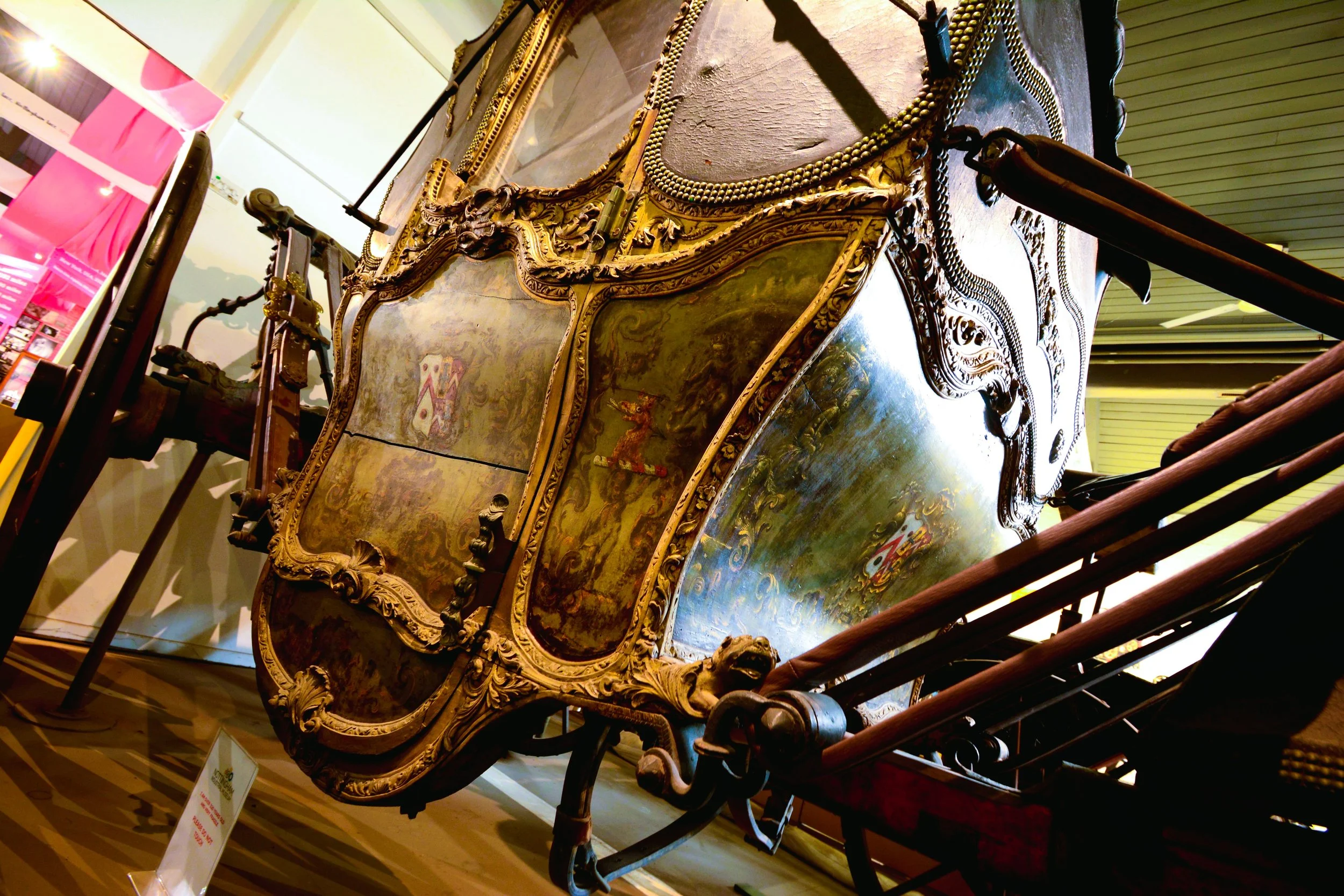Ticket price £30.00, including refreshments and lunch. Tickets are available HERE.
For over a century two very rare, historically important, and beautiful carriages - a Post Phaeton and Landau - have been associated with an individual who, it seems, was not their original owner. Through recent observation, analysis, research and consultation, the carriages now have a clear association with John Baskerville (1707-75), japanner, printer, and type founder of Birmingham.
Organised by the Baskerville Society in conjunction with the British Carriage Foundation and Nottingham Industrial Museum, this one-day conference will present current research around the carriages and provide the opportunity for an exclusive, close-up view of the two horse-drawn carriages in the Nottingham Industrial Museum.
PROGRAMME
0930-1100: Self-guided viewing of the carriages
1030-1100: CONFERENCE REGISTRATION
1100-1130: Amy Bracey ‘Baskerville’s carriages: their rediscovery and context within eighteenth-century horse-drawn travel’
1130-1200: John Townley ‘The travels and resting places of Baskerville’s carriages’
1200-1210: Q+A
1210-1220: REFRESHMENTS
1220-1250: Ann Inscker ‘The Baskerville carriages: a journey across Nottingham City Museum and beyond’
1250-1320: Yvonne Jones ‘The decoration of the Baskerville carriages: japanned, or not?’
1320-1330: Q&A
1330-1400: LUNCH
1400-1430: Dr Malcolm Dick ‘Wolverley and Birmingham’
1430-1500: Dr Kate Croft ‘Baskerville’s Women’
1500-1510: Q&A
1510-1600: Guided viewing of the carriages
1600: CONFERENCE ENDS

